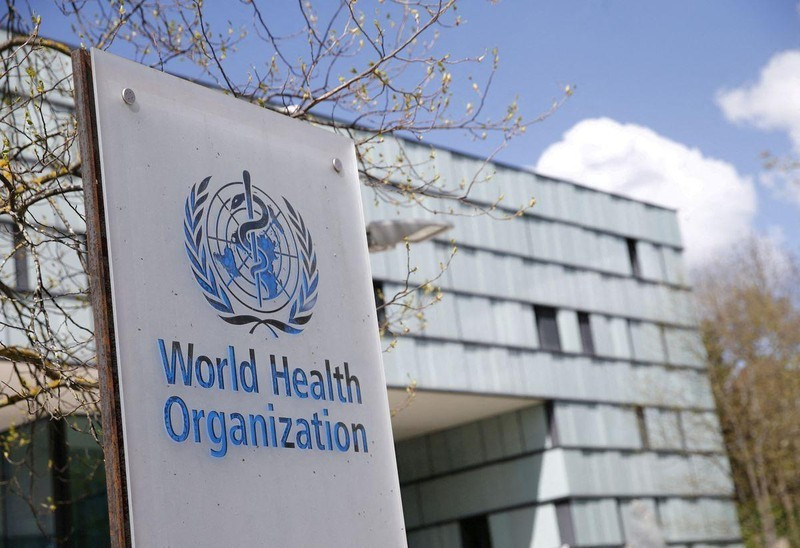Disagreements over access to disease information, resource sharing, and financial mobilisation, are still major obstacles to the agreement to help the world respond to future pandemics more effectively.
The COVID-19 pandemic not only claimed the lives of millions of people and caused trillions of US dollars in economic losses, but also exposed the limitations in the ability to respond to serious health crises. To fill these gaps, the process of building a global pandemic treaty was launched in December 2021.
However, after more than two years of negotiations, WHO member countries still have not been able to resolve all disagreements. The deadline to complete the treaty on March 31 was missed.
To resolve the final problems related to the treaty’s contents, an additional round of negotiations is taking place in Geneva (Switzerland), expected to end on May 10.
The goal of the negotiation round is to reach an agreement which will be submitted to the annual session of the United Nations General Assembly, scheduled to open on May 27.WHO Director-General Tedros Adhanom Ghebreyesus has urged countries to join hands to remove the final "obstacles" in completing this important treaty.
The WHO’s head affirmed that this will be a historic agreement, marking a strong change in the method of responding to health crises in the future.
However, many experts worried that the negotiations may fall into a deadlock because the countries cannot find common ground. The biggest disagreement today revolves around how to share disease information, vaccines, testing and treatment methods.
The outbreak of the COVID-19 pandemic has exposed serious inequalities among the countries in access to vaccines and health services. To avoid repeating the scenario from theCOVID-19 pandemic, levelling the gap in vaccine access is a top concern, but was also the most difficult issue in thenegotiations over the past two years.
In addition, ensuring financial resources in the pandemic response is also a big challenge. A representative from the Indonesian negotiating team Wiku Adisasmito said there is a significant difference in response capacity between countries.
Therefore, developing countries need financial assistance to strengthen the surveillance of emerging pathogens in animals and the environment. This is also the common opinion of many African countries. Health Ministers from Africa called for establishing an international financial mechanism with more sustainable and abundant funding from developed countries to prevent and respond to pandemics.
The disagreement remains unresolved, while the urgency of completing a global framework for pandemic response cannot be denied. WHO medical experts believe that after COVID-19, the world may face other pandemics, especially when conditions that cause pandemic outbreaks, such as war, famine, natural disasters and epidemics, are developing with greater frequency and intensity than before.
In recent weeks, WHO has warned of an exponential increase in the H5N1 avian flu epidemic, with concerns about the worst scenario if the virus spreads between humans. This is the latest warning that the countries need to make more efforts to find common ground, helping the world be better equipped to face health-related disasters in the future.
Co-chair of the negotiations on the global pandemic treaty, Dutch diplomat Roland Driece, admitted that there are still many issues that need to be resolved.
However, the losses and lessons from the COVID-19 pandemic make countries more aware of the importance of global solidarity and cooperation. Experts expect that a globalpandemic treaty will soon be formed, helping the world be ready to respond to future health crises.
















